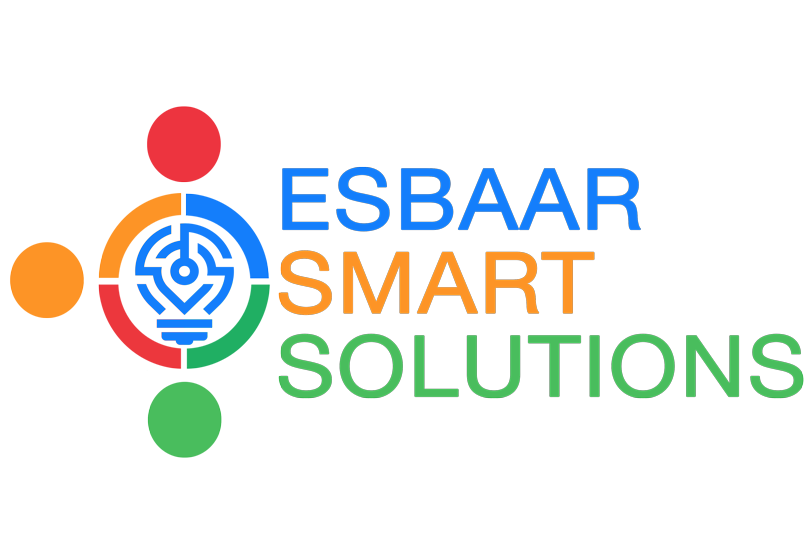The world of technology is a whirlwind of constant innovation. Every day, brilliant minds are pushing boundaries, conceiving solutions that once seemed like science fiction. It’s exhilarating to witness, and even more exciting to ponder the potential of these burgeoning “smart ideas” that are shaping our future.
So, what are some of these sparks of genius that are capturing our imagination and promising to revolutionize how we live, work, and interact? Let’s dive into a few compelling examples:
1. The Rise of Context-Aware AI:
We’ve moved beyond simple algorithms. Today’s AI is becoming increasingly sophisticated, understanding context, nuances, and even emotions. Imagine a virtual assistant that anticipates your needs before you even voice them, a navigation system that dynamically adjusts based on real-time stress levels, or personalized learning platforms that adapt to individual learning styles. Context-aware AI promises a more intuitive and human-centric technological experience.
Why it’s smart: This evolution moves technology from being a tool we command to a partner that understands and assists us more effectively.
2. Decentralized Everything (Beyond Crypto):
While cryptocurrencies brought blockchain into the mainstream, the underlying principle of decentralization is finding applications across various sectors. Think beyond finance: decentralized data storage offering greater security and control, decentralized social networks promising freedom from centralized censorship, and decentralized energy grids enabling peer-to-peer energy trading. The power shift away from central authorities towards distributed networks holds immense potential for resilience and user empowerment.
Why it’s smart: Decentralization fosters transparency, security, and resilience by distributing power and eliminating single points of failure.
3. The Convergence of Biology and Technology (BioTech 2.0):
The intersection of biology and technology is yielding groundbreaking advancements. CRISPR gene editing holds the promise of curing genetic diseases, while advancements in bio-printing could revolutionize organ transplantation. Wearable biosensors are providing real-time health insights, and neurotechnology is exploring the intricate workings of the brain. This convergence is not just about treating ailments; it’s about enhancing human capabilities and understanding life at its most fundamental level.
Why it’s smart: By leveraging the power of biology with technological precision, we can address fundamental human challenges in health and well-being.
4. The Metaverse: Building Immersive Digital Worlds (Beyond the Hype):
While the term “metaverse” might conjure images of clunky VR headsets, the underlying idea of interconnected, immersive digital spaces holds significant potential. Imagine collaborative workspaces that transcend geographical boundaries, educational experiences that feel like real-world exploration, and new forms of social interaction and entertainment. The smart idea lies in creating truly engaging and functional digital environments that enhance our physical reality, rather than simply replacing it.
Why it’s smart: The metaverse, when thoughtfully developed, can unlock new possibilities for connection, collaboration, learning, and creativity.
5. Sustainable Tech: Innovation for a Greener Future:
Facing the urgent need for environmental sustainability, smart ideas in technology are focusing on creating a greener future. This includes advancements in renewable energy sources, smart grids for efficient energy distribution, innovative materials with lower environmental impact, and technologies for carbon capture and storage. The focus is on creating solutions that are not only technologically advanced but also environmentally responsible.
Why it’s smart: Investing in sustainable tech is not just ethical; it’s crucial for the long-term viability of our planet and future generations.
The Common Thread: Problem-Solving and Human-Centricity
What ties these seemingly disparate ideas together is a focus on solving real-world problems and creating technologies that ultimately benefit humanity. These smart ideas aren’t just about flashy gadgets or fleeting trends; they represent a deeper understanding of our needs, challenges, and aspirations.
As we continue to navigate this era of rapid technological advancement, it’s crucial to foster curiosity, encourage innovation, and critically evaluate the impact of these smart ideas. The future of technology is not just about what we can do, but about what we should do to create a better world for all.
What smart ideas in technology are you most excited about? Share your thoughts in the comments below!




